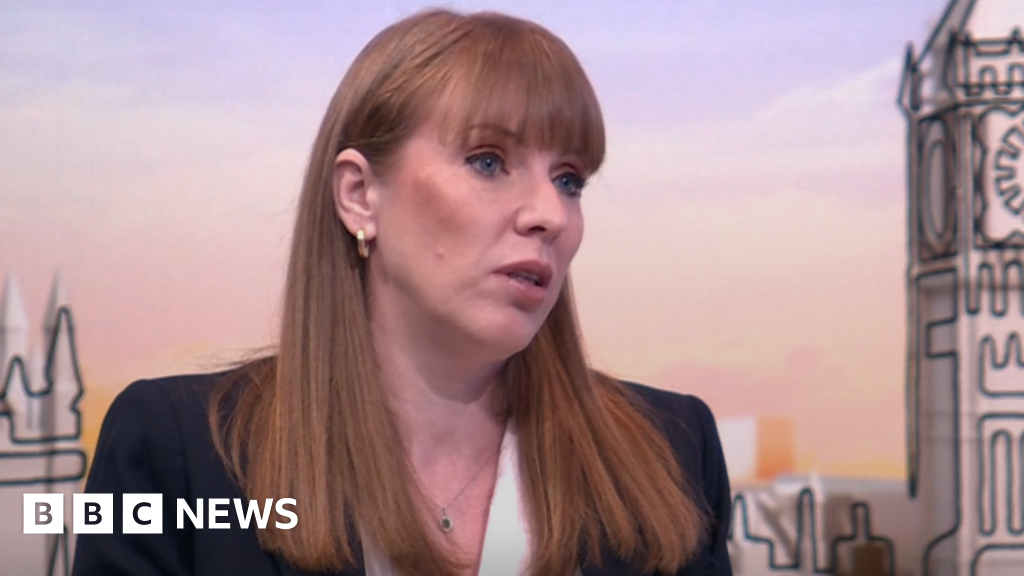Unlock the Editor’s Digest for free
Roula Khalaf, Editor of the FT, selects her favourite stories in this weekly newsletter.
The US has been in direct contact with the Islamist movement that spearheaded the offensive to topple Bashar al-Assad despite its designation as a terrorist organisation, as western and regional powers push for a peaceful transition in Syria.
On Saturday US secretary of state Antony Blinken became the first American official to acknowledge that Washington had been in contact with Hayat Tahrir al-Sham, which has taken control of Damascus.
After meeting regional counterparts in Jordan, he said the US and its allies had agreed on a “set of shared principles” to guide their support for Syria, including a Syrian-led political transition that is “inclusive and representative” and respects all minorities.
Blinken said that the principles had been “communicated” to the country’s new leaders.
“As we see Syria move in that direction and, in a Syrian-led and Syrian-owned process, take these steps, we in turn will look at various sanctions and other measures that we’ve taken and respond in kind,” he said.
The US, UN and EU all designate HTS, a former affiliate of al-Qaeda, as a terrorist organisation.
The group’s leader Abu Mohammed Jolani was designated a terrorist a decade ago and has a $10mn US bounty on his head. Jolani renounced his links to al-Qaeda in 2016 and has sought to rebrand himself as a more moderate Islamist leader.
The US and other western powers also have sanctions on the Syrian state, which has been shattered by more than 13 years of civil war and decades of the Assads’ corrupt, repressive rule.
Western countries and others in the region have been scrambling to respond to the rapidly unfolding events in Syria after HTS led a lightning offensive that brought the Assad family’s five-decade dynastic rule in the war-torn Arab state to an end in less than two weeks.
After advancing into Damascus last weekend with other rebel factions, HTS named a caretaker prime minister who will lead an interim government until March. It has repeatedly pledged to protect minorities.
The fall of Assad, who fled to Russia, has triggered scenes of jubilation across Syria, but also uncertainty about what comes next.
Blinken said that the US appreciates “some of the positive words that we’ve heard in recent days, but what really counts is action and sustained action”.
“This can’t be the decision or the event of one day. It has to really be sustained over time,” Blinken said.
The challenges facing Syria are huge as the country has been devastated by years of war and dictatorial rule. The economy is in a state of collapse and the civil conflict forced millions from their homes and left many more in desperate need of humanitarian assistance.
It is also a nation with a diverse mix of religions and sects, and multiple armed factions.
Blinken said there was a shortage of fuel and wheat, adding that the US and its partners would focus on the “near-term need”.
Under Assad Syria depended on Iran, which backed the regime in the civil war, for the vast majority of its oil imports. But Tehran pulled thousands of Iranians out of the country as the rebels advanced on Damascus.
It imported wheat from Russia, which also backed Assad during the conflict that erupted after the regime brutally crushed a 2011 popular uprising.
The US has about 900 troops in Syria, where they have been supporting the fight against Isis and backing Kurdish-led militants in the battle against the jihadist group.
Turkey considers the Kurdish fighters to be an extension of the Kurdistan Workers’ party (PKK), which has been fighting the Turkish state for four decades.
Ankara backs Syrian rebel groups that co-ordinated with HTS in the offensive against Assad but have also fought with the Kurdish militants.
Blinken said the transition in Syria was a “moment of vulnerability in which Isis will seek to regroup”.
Credit: Source link









